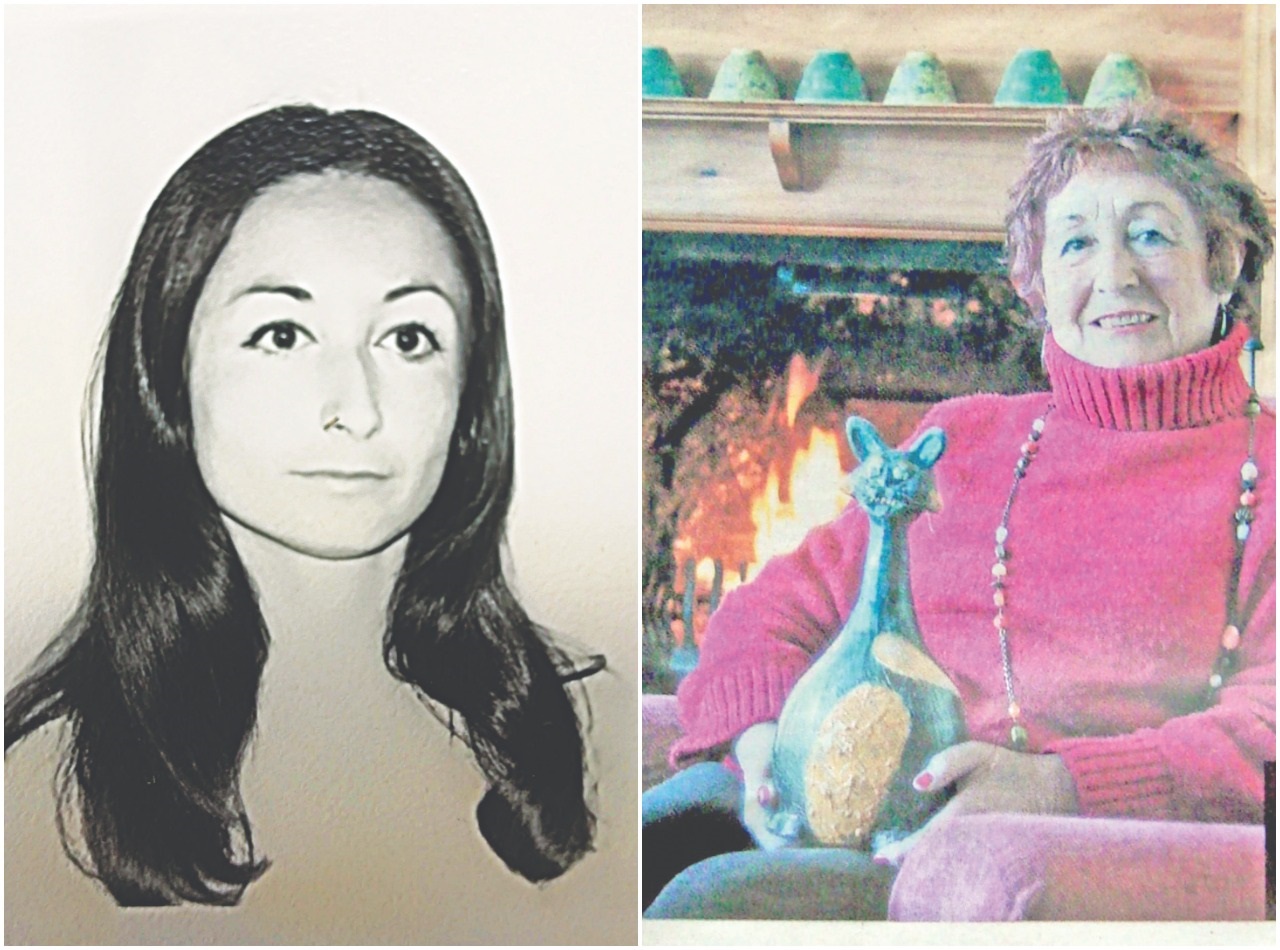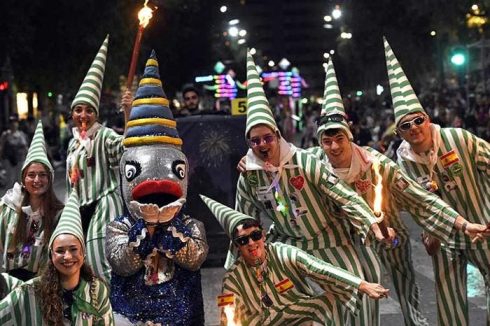‘TO tell a woman everything she cannot do, is to tell her what she can’ is a Spanish proverb that perfectly fits Isabel Marquez Fexias Sula.
She grew up in Cordoba during the Franco regime when women were treated as second class citizens.
It was unthinkable for them to have careers – although prostitution was allowed.
But this determined young woman refused to play by Franco’s rules and would not let a dictator dictate her life.
Now in her sixties, she has just received two awards.
One from the Municipal Council of Montilla in Cordoba and one from Mancomunidad Campina Sur Cordobesa, both given for her role as a pioneer in the struggle for gender equality.
Her story perfectly illustrates the theme for this year’s International Women’s Day on March 8, ‘An equal world is an enabled world’ – but only collectively, with each individual taking action, is that world possible.
The global awareness day first celebrated in 1911 to honour women’s achievements is supported by over one million people today, no less so in Spain, a country that recognises the independence of women.
However, it wasn’t always this way.
Isabel railed against the restrictions on women during the Franco regime which led her to emigrate to the UK in the 60s – an unthinkable act for a teenage girl in those dark days, just 18 with not a word of spoken English and just a few pesetas to her name.
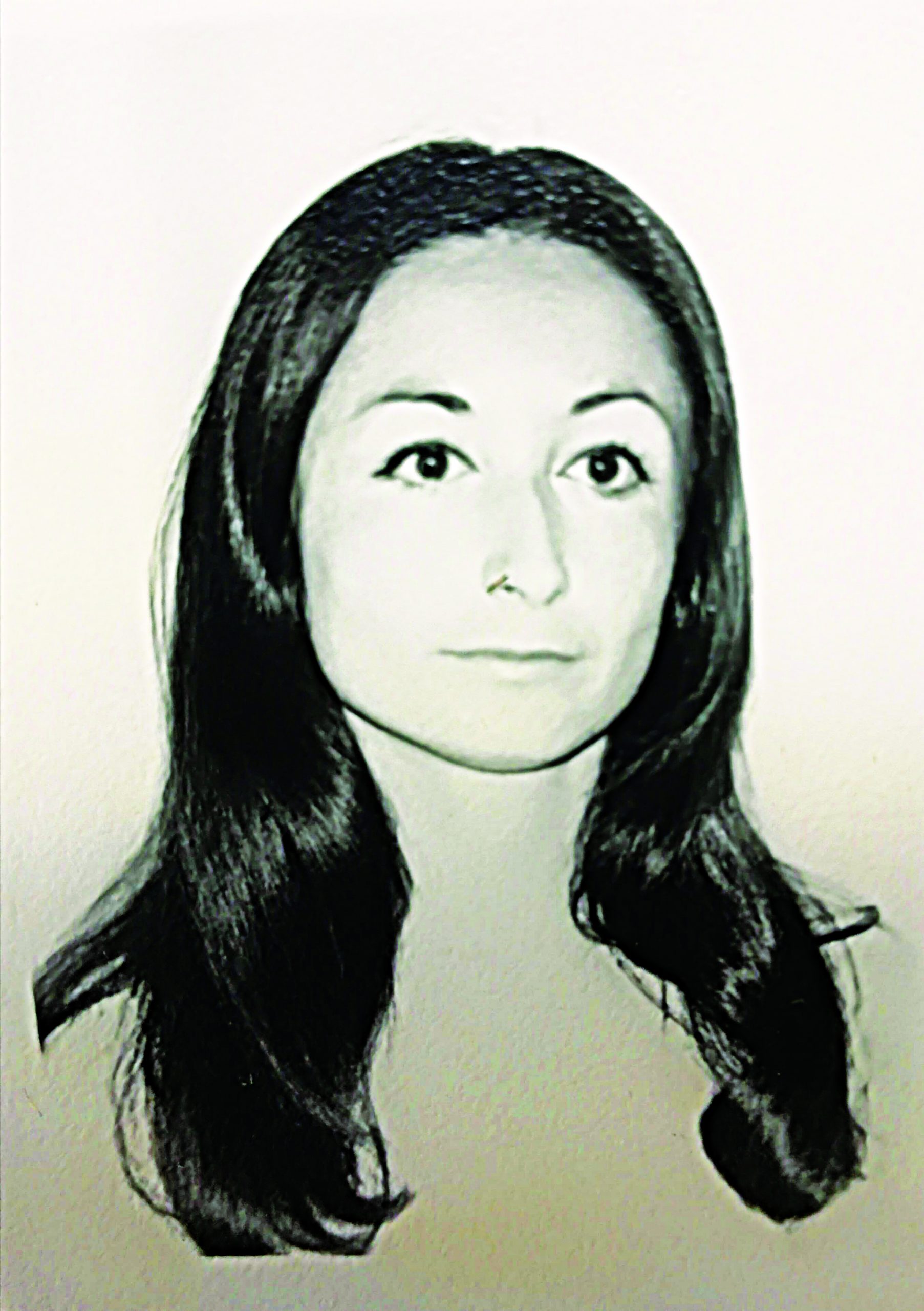
Now back in her home town of Montilla on the outskirts of Cordoba, I meet up with Isabel at her country hacienda.
A spectacular view embraces our surroundings, rolling hills stretch as far as the eye can see, green and earthen hues blend into one as olive groves and vineyards fuse, intermingling with the azure sky.
Isabel is watching me intently, a friendly smile on her face.
“Welcome,” she says, gesturing for me to sit.
Her tone reflects confidence, assurance and peace and I immediately feel at home.
I’m intrigued to hear her story for, there’s no doubt, this is a woman who has overcome many hardships, building inner strength with every challenge she faced.
First and foremost, she tells me, she considers herself a ‘person’ first, then a ‘woman’.
She has never allowed herself to be victimised or put off from doing something because of her gender.
This philosophy, and her adventurous spirit, enabled her to overcome the obstacles placed in her way.
During over 40 years of self-exile in Britain she became a successful business woman, running her own Montessori school which permitted her to travel all over the world giving conferences – something that could never have happened had she remained in Spain.
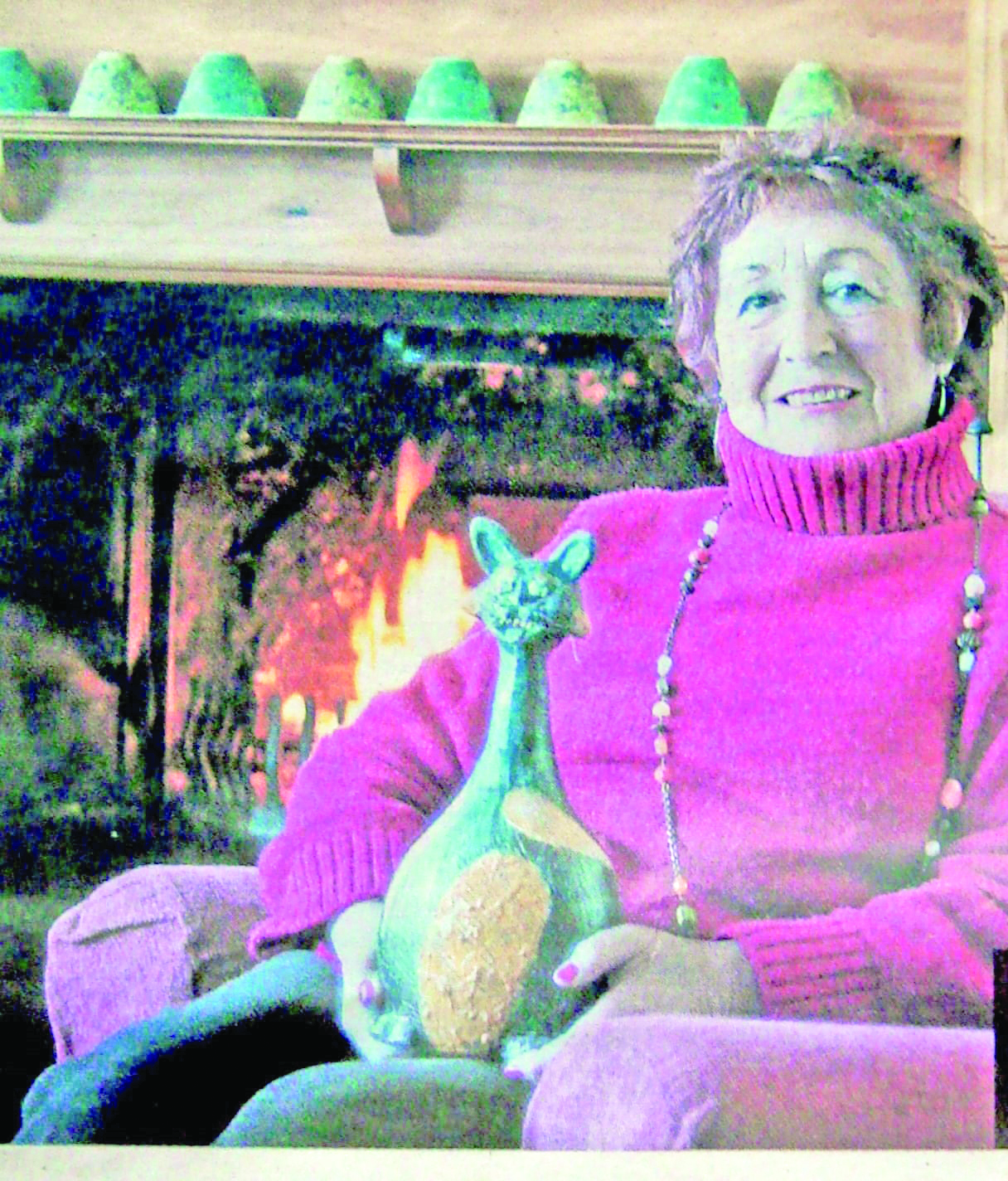
I am almost hypnotised as she whisks me back in time with tales of her exploits; white water rafting in Costa Rica, crossing Argentina alone, horse trekking in Guatemala and scuba diving in the Bay Islands … the stories spill out in an endless stream.
Clearly not a woman to be restrained by society, I’m intrigued to find out more about the young Isabel, the one who broke every rule in the book.
How did you see your future in Spain when you left?
“I saw no future as a young girl,” she says bluntly.
“The society during Franco’s era was a man’s world so that’s why I left.
Unfortunately, despite many advances it is still a man’s society,” she adds.
“My home town was too small for me. I would have been miserable had I stayed.
Let me explain.
During the Franco era (1939-1975) women in Spain were second-class citizens.
They were denied many opportunities, especially in the workplace where professional careers for women were unthinkable.

Ironically, prostitution was permitted.
Education followed very strict rules and we were taught by nuns whose knowledge was rather limited.
In fact, I ended up explaining basic arithmetic to the nuns and my classmates.
University was out of the question for me and women in general.”
“Women were only honoured in their role as wife and mother.
Had I stayed in Spain I would have been expected to marry and then, only if my husband let me, would I have been allowed to travel, pursue a career, own property.
Like I’ve said, this was not the future I wanted and my only solution was to leave.”
How did your parents react when you told them you were leaving?
“There were some men who saw the potential that women had, and I was lucky that my father was one of those special men.
He agreed when I told him my thoughts about leaving, in fact he encouraged me and was happy for me to go.
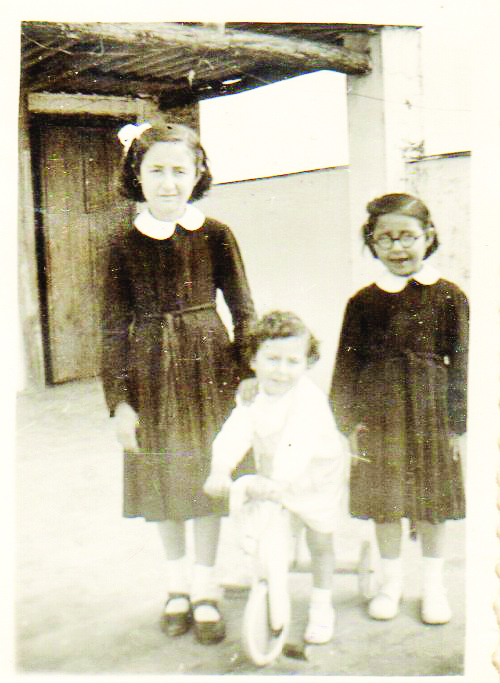
My mother, on the other hand, was very unhappy and didn’t take my departure well.
She locked herself away for a week when I left, refusing to eat, and cried all day.
Thankfully, she got over it.
And if I’m honest, I understood her distress, but it wasn’t going to stop me from going.
I felt so suffocated by the repressed society it was a relief to leave.
I did cry for the first month as I missed my family but there was no regret in leaving.
I just remember fitting in from the get-go.
I didn’t speak a word of English so I took language classes and started working as a cleaner to pay my way.
I never felt a foreigner in all my years in Britain. In fact I felt I didn’t fit in or belong in Spain at that time. ”
Montilla is a relatively small, inland town.
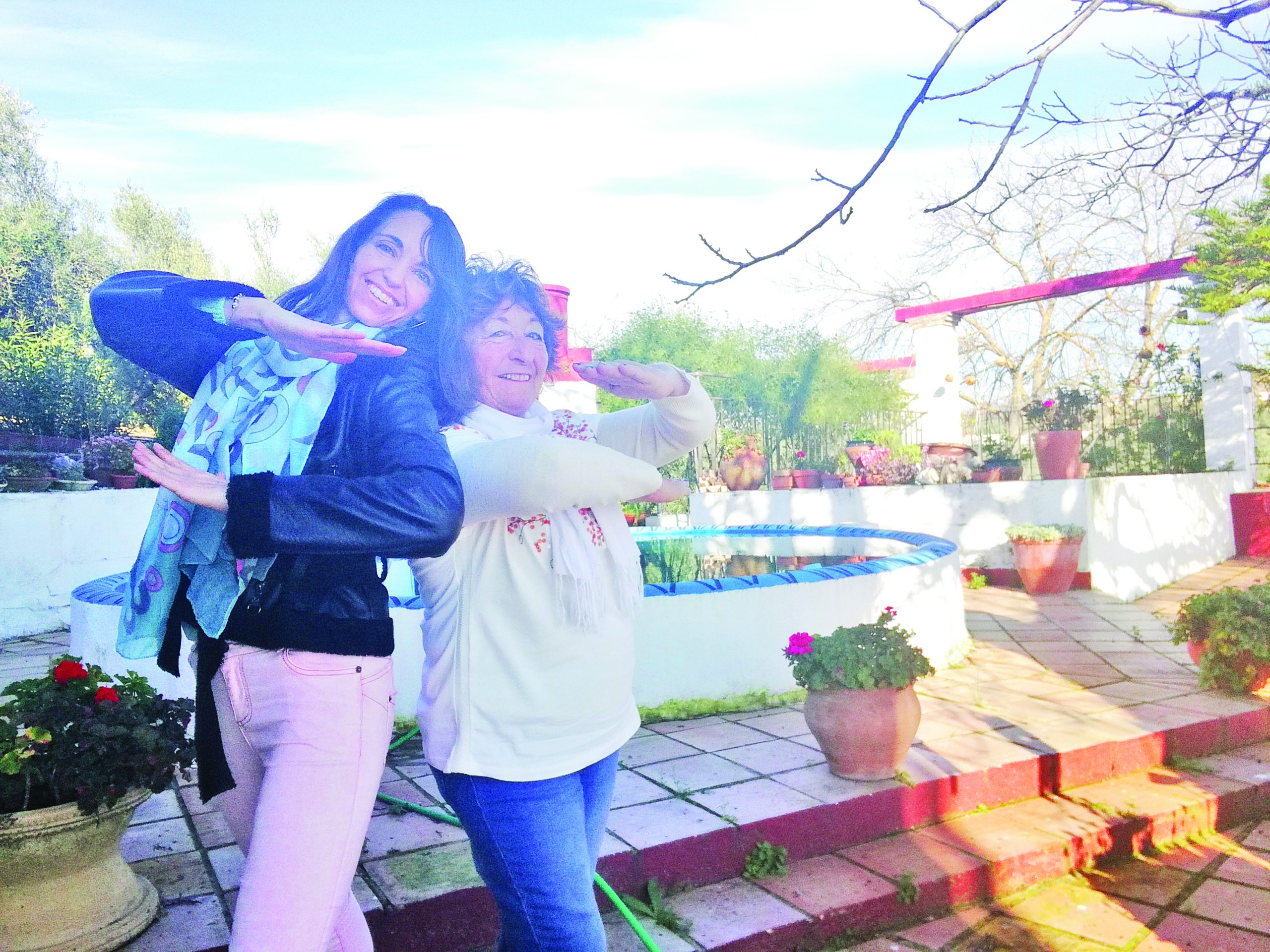
Did you perceive any stigma – that people turned their backs on you or saw you as a bad influence for their own daughters?
“No stigma at all.
Spain was ready for change.
Women were starting to mark their place in society and my decision to leave caused a wave of other young women in town to follow my steps.
Most of my friends followed suit and flew out to the UK shortly after me.
I was the only one to remain permanently in England, however, but it was encouraging to see a lot of young women breaking the norm and seeking their independence as well.
I would not let anything stop me, I was determined.
I worked in the fashion industry, worked as an interpreter for the BBC covering the Spanish elections and set up a successful Montessori school in Wimbledon.
“The only issue I had was when I married, as my then British fiance was protestant and marriage in those days had to be canonical, that is, performed under Roman Catholic law.
None of the priests in town wanted to perform the ceremony.”
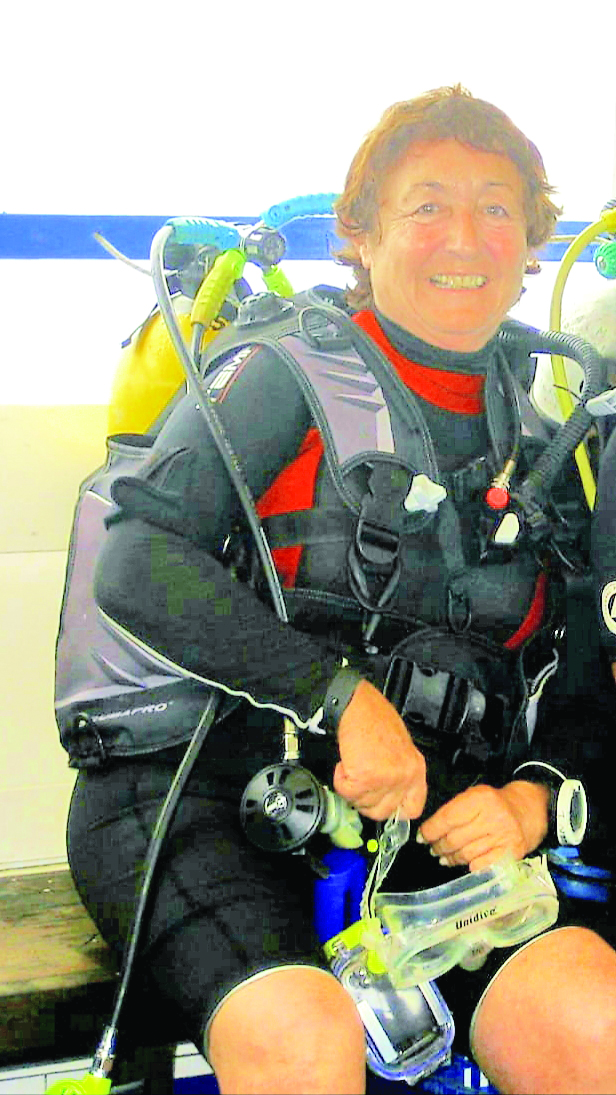
Your advice for young women today?
“Aim high and achieve higher, that is the only way we will make our way, be recognised and understood.
And it’s especially important for society to understand how hard it is for women, specifically now with so much gender violence taking place.
But we need to keep focused and continue working hard.”
Where would you like to see women’s position in society in five or ten years?
“I would like to see women positioned equally in society NOW, not in five or ten years.
Unfortunately, we all know that it’s still not possible. Society is taking a long time to realise the value of women … how they care for their children and how, in most cases, their careers are put to one side to look after them.
However, if women didn’t have children, we would not have this world.
Given that simple fact, I don’t know how women are not valued as they should be.
Sadly, complete equality cannot be guaranteed in five or even ten years as the process is very slow, but what is clear is that we must never give up.”
Today, although ‘retired’, Isabel’s adventures continue in Spain.
She has discovered a new ‘career’ through her love for photography and ceramics, specialising in Raku, and her exceptional work is often on display at exhibitions in Cordoba.
This is clearly a woman who will never give up.

